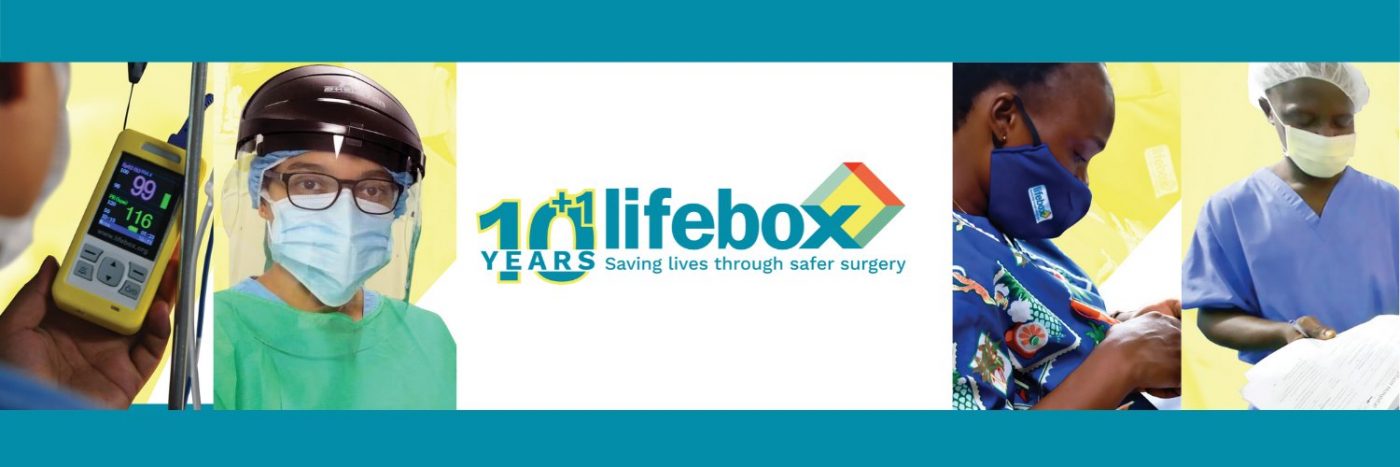By Susie Schaefer, CEO, Smile Train and Kris Torgeson, CEO, Lifebox
NEW YORK (IDN) — If you’ve ever needed to undergo surgery in your life, chances are you’ve encountered a small but ultimately forgettable device that, unbeknownst to you, played an outsized role in your survival. That tool, which costs less than a pair of Bluetooth earbuds and is about the size of a phone, is the pulse oximeter.
Don’t let its technical-sounding name fool you. Its purpose is simple: it monitors the level of oxygen in the blood before, during and after surgery. If the anaesthesia provider does not have a pulse oximeter, it does not matter how skilled the surgeon is, the operation cannot be safe.
Without pulse oximeters, the global death toll from the Covid-19 pandemic could have been much greater. These devices played an invaluable role in saving the lives of countless Covid patients who experienced low oxygen levels as a result of the virus.
While the United States was not spared the devastation of Covid-19, it’s been even worse in the low-resource settings where our local medical partners carry out life-saving work every day. We might take the presence of pulse oximetry in operating rooms and recovery beds in New York or London for granted, but thousands of hospitals in low- and middle-income countries lack this vital piece of equipment—indeed, the only piece of equipment in the World Health Organization Surgical Safety Checklist—putting millions of lives at risk. The risks are highest for our littlest patients—children, whose blood oxygen levels fall faster than adults, are particularly vulnerable to death.
This week, the international cleft community is gathering in Edinburgh at the 14th International Congress of Cleft Lip, Palate & Related Craniofacial Anomalies. While we don’t expect to need surgery while we’re here, should that change, we would take solace in the fact that the National Health Service, which has a standard of requiring a pulse oximeter in every operating room, would take care of us. This is, sadly, not the case in many of the countries where we work.
A recent study shows that 15% of operating beds in low and lower-middle-income countries (LMICs) lack a pulse oximeter, with 42% of recovery beds unable to provide vital monitoring after surgery. The number of unnecessary deaths of children and newborn babies due to a lack of basic resources like a pulse oximeter is not just unfortunate; it’s unacceptable.
There is unprecedented momentum around scaling safe anaesthesia to save lives, but we need further financial commitments and action. To address critical gaps in surgical and anaesthesia safety, policymakers must prioritize investments in surgical and anaesthetic care for all, especially children.
The recently passed U.S. foreign appropriations bill included language on scaling access to safe surgery (which must by definition include safe anaesthesia) and called to strengthen surgical health capacity globally. More high-income country governments must continue this pledge in partnership with ministries of health and coalitional stakeholders —and increasing access to pulse oximetry is an investment that is proven to save lives.
One death due to a lack of safe surgical care is one death too many. Unless we change the status quo, an estimated 18 million lives could be lost due to a lack of access to safe, affordable, and timely surgical and anaesthesia care each year – more than the deaths from HIV and TB combined. This burden is shouldered disproportionately by LMICs, where nine out of ten people cannot access even the most basic surgical services, increasing the risk of death.
That’s why this week, we are announcing the launch of the Lifebox-Smile Train pulse oximeter to rapidly scale up access to pulse oximetry. In the next 3 years, the Safe Surgery and Anesthesia Initiative will distribute 11,000 pulse oximeters to more than 20 countries – making surgery safer for 14 million patients. We will also be looking at how to ensure pulse oximeters are as accurate as possible in all skin tones to make every surgery safer, every time.
We are proud of this milestone, but our work is far from finished. The lives of millions are counting on us. [IDN-InDepthNews – 08 July 2022]
Image credit: Twitter Safe Surgery
IDN is the flagship agency of the Non-profit International Press Syndicate.
Visit us on Facebook and Twitter.
This article is published under the Creative Commons Attribution 4.0 International licence. You are free to share, remix, tweak and build upon it non-commercially. Please give due credit.

